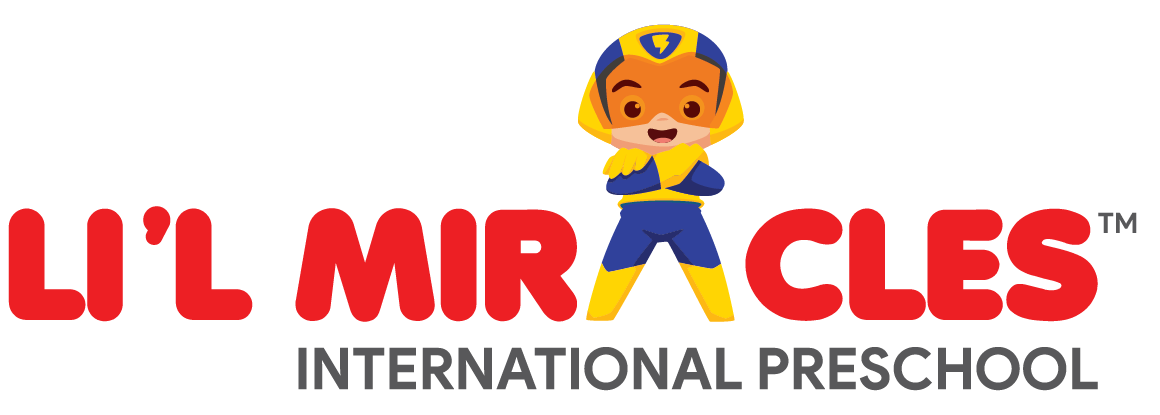When we think of preschool, the first images that come to mind are often of children singing nursery rhymes, playing with colorful toys, or learning the ABCs. While these activities are certainly a part of the preschool experience, they only scratch the surface of what preschool education truly offers.
The True Essence of Preschool Education
Preschool is not just about early academic skills. It is about laying the groundwork for lifelong learning and development. Here are some of the key aspects that highlight the true essence of preschool education:
- Social Skills and Emotional Growth
- Cognitive Development
- Motor Skills
- Independence and Responsibility
- Language and Communication
- The Bigger Picture: Preparing for Life
- The Role of Experiential Learning
- Investing in the Future
One of the most crucial elements of preschool is the development of social skills. Children learn to interact with their peers, share, take turns, and resolve conflicts. These interactions help them develop empathy, cooperation, and communication skills. Emotional growth is equally important, as children learn to express their feelings, understand others’ emotions, and build self-confidence.
Preschool provides an environment rich in stimuli that promote cognitive development. Through play-based learning, children develop critical thinking and problem-solving skills. Activities are designed to encourage curiosity, exploration, and creativity, which are essential for intellectual growth.
Fine and gross motor skills are honed through various activities in preschool. Whether it’s through building blocks, drawing, cutting with scissors, or outdoor play, children develop coordination, strength, and precision. These skills are foundational for future tasks, from writing to sports.
Preschool helps children gain a sense of independence. Simple tasks like putting on their shoes, packing their bags, or tidying up their play area instill a sense of responsibility. These small steps towards independence boost their self-esteem and prepare them for the structured environment of primary school.
Beyond learning letters and sounds, preschool fosters language development through storytelling, discussions, and imaginative play. Children expand their vocabulary, learn to articulate their thoughts, and improve their listening skills. Effective communication is a cornerstone of success in any field.
While the activities in preschool may seem simple, the skills children acquire are profound. They are not merely learning to read or count; they are developing a love for learning, resilience, and adaptability. These attributes are essential for navigating the complexities of life.
Experiential learning, where children learn through experience and reflection, is a core component of modern preschool education. It encourages active participation and hands-on activities, making learning more meaningful and memorable. This approach aligns with the natural curiosity and exploratory behavior of young children.
Choosing a preschool is a significant decision for parents, as it sets the stage for a child’s future. A quality preschool program goes beyond the basics and focuses on holistic development. By nurturing social, emotional, cognitive, and physical skills, preschools help build a strong foundation for life.
In an ever-changing world, the ability to adapt, communicate, and think critically is more important than ever. Preschool is not just the first step in education; it is the first step towards a bright and successful future.
Lalit Sharma,
Founder
Li’l Miracles International Preschool




